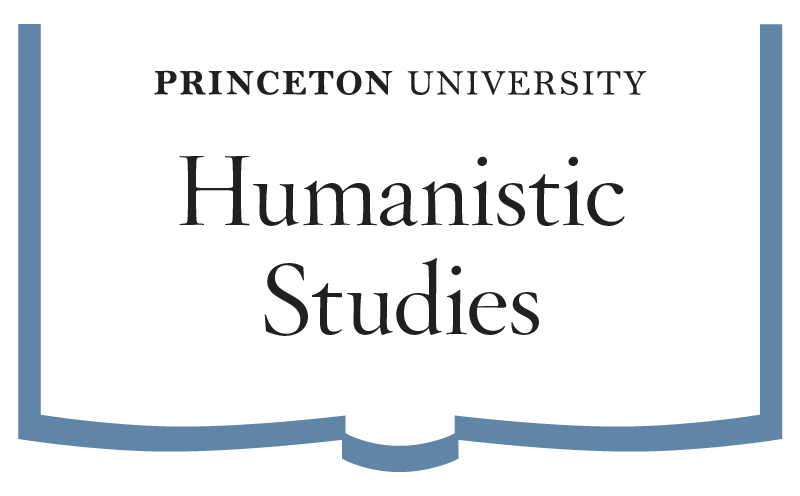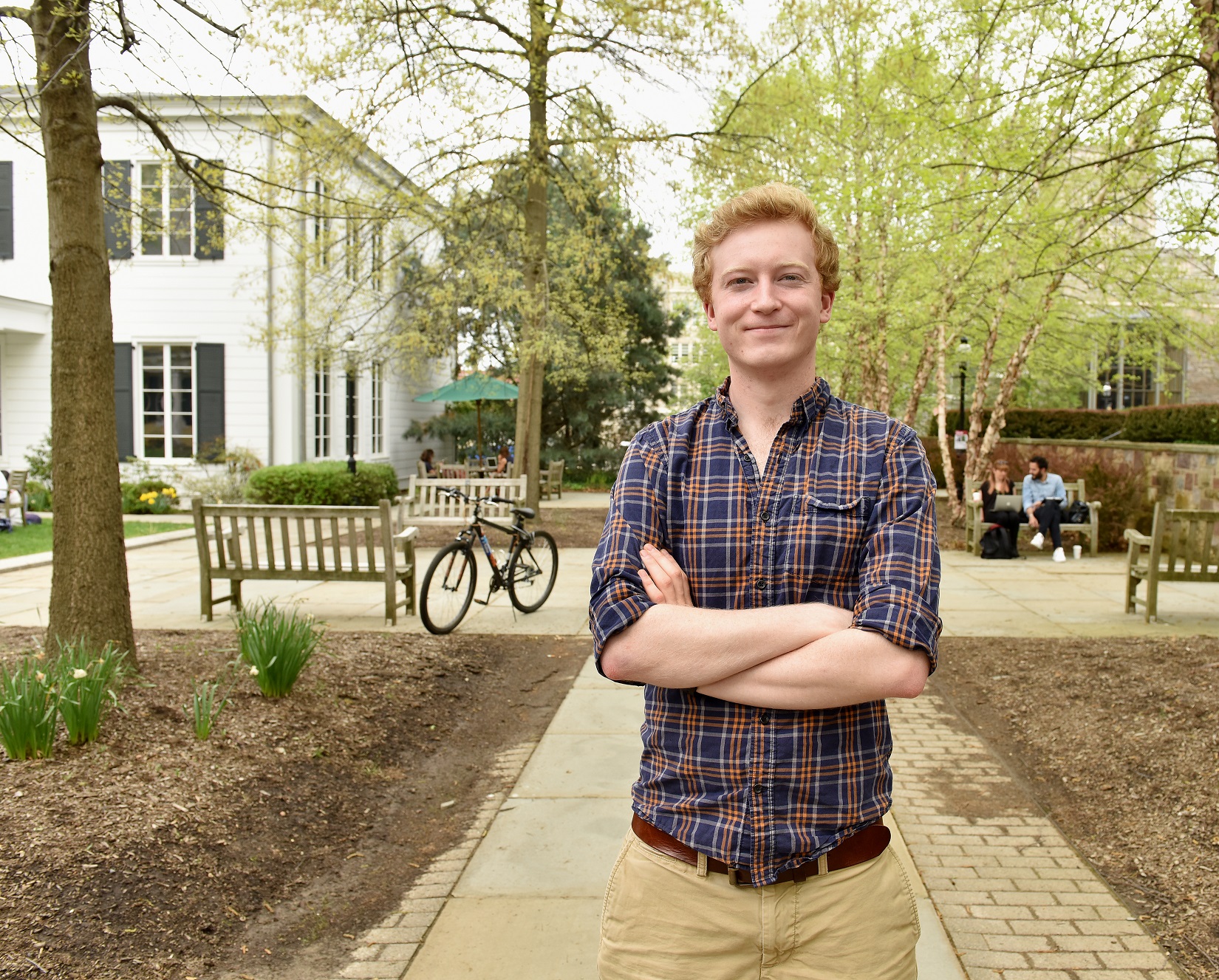I’m a Philosophy major with certificates in French Language and Culture as well as East Asian Studies.
Role(s) held in the Humanistic Studies Program:
Head Symposiarch for East Asian Humanities Sequence, Certificate Student, Student Mentor, Symposiarch
Activities on campus:
Glee Club, Chapel Choir, Chamber Choir, Contrapunctus, CA Leadership, Trenton Youth Orchestra/Singers
Honors:
Dean’s Fund for Study Abroad, Department of Classics Summer Study Fund, Humanistic Studies Funding for Summer Language Programs, Philosophy Department Summer Study Abroad Fund, Office of Religious Life’s Fred Fox Fund Scholarship for Princeton’s Global Seminar in Beijing: awarded by Princeton Institute for International and Regional Studies
Why I decided to study the humanities:
I decided to take HUM on a whim. My class was the first without an application essay. Coming from high school to Princeton I liked the idea of being well-read, so I thought: why not? The Humanities Sequence introduced me to the Western canon and taught me that I hadn’t yet learned to read. I imposed my thoughts onto texts until, through trial and error, I discovered the page. The motivating question, “What makes us human?” stuck with me, so I decided to pursue philosophy, especially Plato, Aristotle, and Augustine. Recently, I’ve become motivated to try to separate “What makes us human?” from “What makes us Western?” Western critics Nietzsche and Derrida caught my eye, and I’ve learned a lot by studying them. But what fascinates me now is Chinese philosophy. Confucius’s philosophy has been studied as much in China as Aristotle’s has been in the West―and in similar ways too. I’ve realized that the best way I can contribute to the humanities is by reading his work and taking his legacy seriously. Now I’ve decided again to study the humanities because perhaps this way I’ll discover a bit about what makes us human.
What I have gained from the humanities:
The humanities have taken me around the world. Not only to the West, particularly to Greece to put the Western HUM Sequence in context and to France―Aix-en-Provence to study French in immersion, Normandy to translate an excerpt of Derrida’s unpublished seminars, and Paris to scrutinize Plato’s Republic. But even to China for a Global Seminar on contemporary Chinese sociology, an opportunity afforded by the East Asian HUM Sequence. Studying the humanities has thus enabled me to follow my curiosity to diverse physical and intellectual places. And the people I meet and the culture I experience continue to affect me, wherever I go.
Independent work:
My senior thesis will examine what sort of an object information is and what changes it can survive over time. By information, I mean the vessel (e.g. a word, thought, book, conversation, etc.) that carries meaning from one mind to another.
HUM Sequence fall break trip:
I traveled to Greece with Professor Benjamin Morison and Dr. Kathy Crown, and walked through the remains of (notably) the temple and track at Nemea; the amphitheater and Asclepion of Epidaurus; the Oracle at Delphi; and ancient Athens. In my independent project I analyzed the LEGO model of the Acropolis in the Athens’s Acropolis Museum, defending its status as art and arguing that its medium furnishes a unique, valuable perspective on the ancient past.













